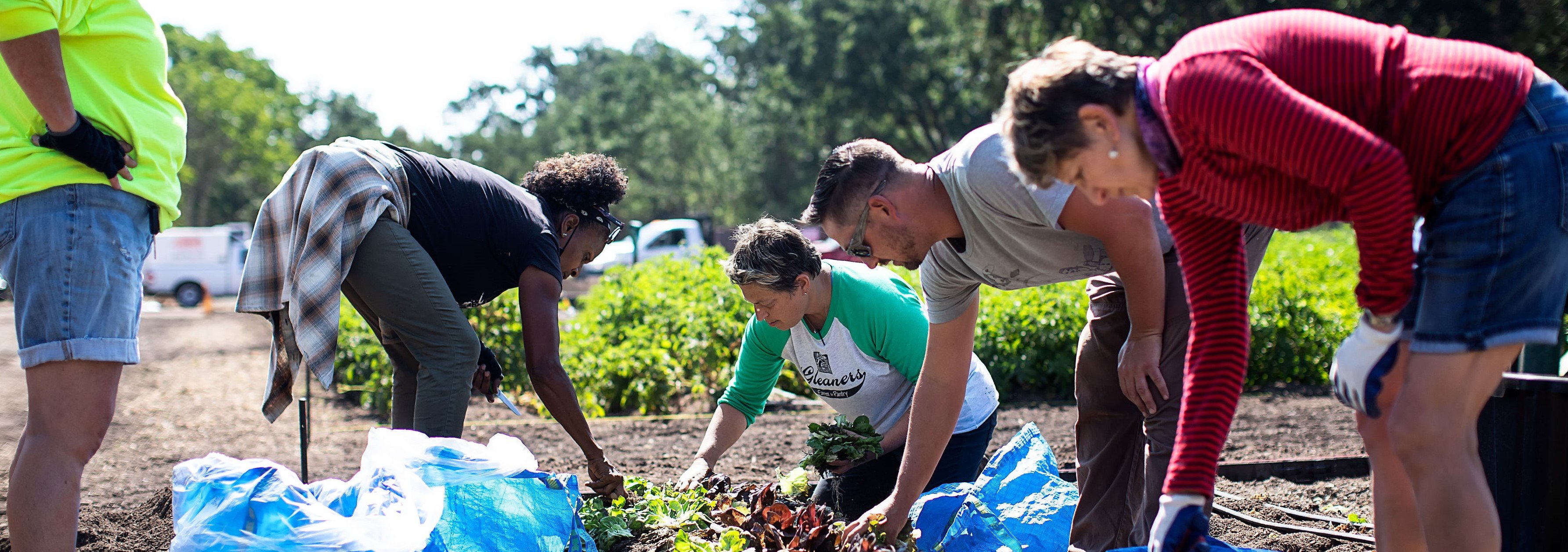A 2024 study from Booking.com found that 59% of Americans feel they are the best versions of themselves when they adopt sustainable practices while traveling. Pair this with the 74% who said they want to travel more sustainably in 2025, and the desire to embrace this growing trend is clear.
“There is a strong link between traveling sustainably and responsibly and increased trip satisfaction,” said Jessica Blotter, co-founder and CEO of public benefit corporation Kind Traveler. Helping to foster this connection — and the warm fuzzy feelings it inspires — is Kind Traveler’s Every Stay Gives Back (ESGB) community impact program, an initiative where funds from every guest stay with a participating destination or lodging partner go directly to local charities.
“From planting trees in San Luis Obispo to healing wildlife on Catalina Island, funding sustainable agricultural programs in Oceanside schools, supporting farm animals in Sonoma County, helping women and children in Sri Lanka, and supporting children’s educational initiatives in Tulum, Every Stay Gives Back ensures your travel dollars leave a legacy of positive change,” said Blotter.
As of June 2024, ESGB has raised $194,764 in donations. The program is rapidly growing too, and what began as a six-month global pilot comprising 15 boutique hotels and seven local charities across eight destinations in 2023 has now blossomed into 59+ lodging partners, 25+ charity beneficiaries and eight-plus destination partners.
As for determining which destinations and properties to partner with, Blotter shared the process typically begins when Kind Traveler works with a DMO to establish a destination program dedicated to advancing responsible tourism efforts. From there, DMOs invite local hotels to participate in the ESGB program. However, that’s not to say hotels without a destination program aren’t eligible. Blotter says all are welcome, and interested properties can contact Kind Traveler to learn more about how to get involved.

Similarly, participating DMOs and hotels determine which charities they want their ESGB dollars to support. Blotter shared it’s not uncommon for participants to have a cause in mind before joining the program. Whatever they decide, there are a few guidelines for determining beneficiaries: 1) The charity must be registered in its country of origin, 2) It must be locally aligned, and 3) It must meet at least one of the United Nation’s Global Goals for Sustainable Development, which Blotter says are largely centered around climate action and building resilient and equitable communities.
Curious if you’ve ever stayed at a participating property? Lodging partners are encouraged to flaunt their involvement with pride, displaying the ESGB membership seal and QR codes in shared spaces to raise awareness of the program and encourage guests to get further involved in community impact efforts. Additionally, Kind Traveler verifies and tracks monthly donations associated with ESGB via a virtual impact dashboard on its website to aid its partners in communicating their sustainability initiatives to guests and stakeholders.
Blotter says these impact dashboards can be utilized by travel advisors too, stating they’re easy to share with potential clients and are a great tool for empowering responsible travel education and vacation planning. “The impact dashboards also provide itinerary-building ideas that are helpful to advisors,” she said. “Charities provide tips and ideas on how to travel kindly and recommended activities and experiences for visitors to get further involved.” In addition to being a resource, Blotter wants travel pros to know they can support ESGB by booking participating properties. “Every guest stay funds a local charity, whether the booking takes place directly with the hotel or on a third-party platform,” she said.
Vacationers are seeking responsible and sustainable travel experiences; ESGB gives them a tangible way to do so. “It’s important for advisors to understand how responsible travel helps to create more emotionally connected travel experiences while also helping to serve essential community and environmental needs in destinations,” said Blotter. “The (faster) advisors can educate (clients) on the importance of responsible travel, the faster the travel industry can work towards creating a sustainable future.”
Originally appeared in the Fall 2024 issue of The Compass magazine






comments